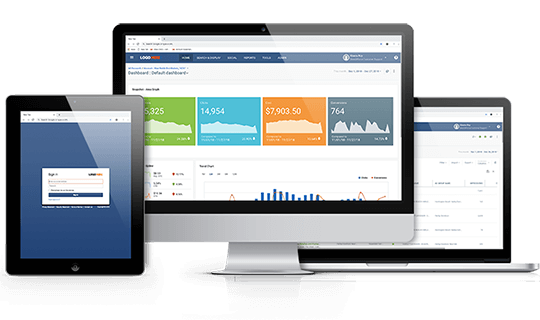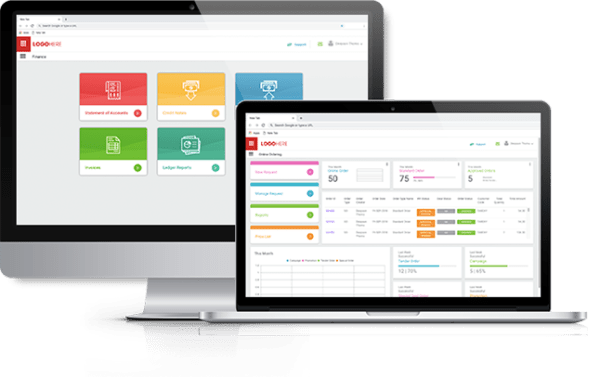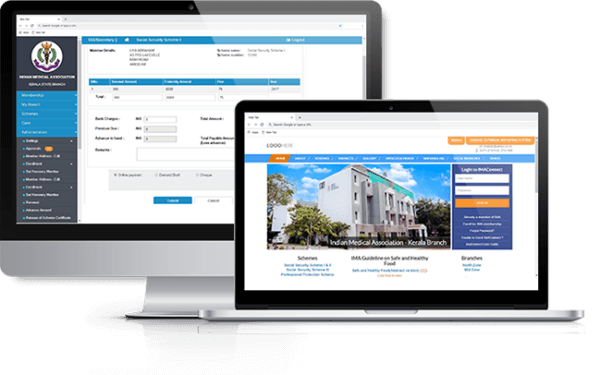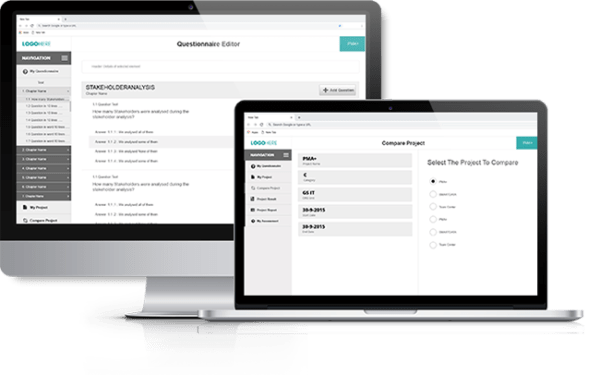Financial institutions rely heavily on software for everything from managing transactions to ensuring regulatory compliance. Any flaw or defect can have severe repercussions, including monetary losses, legal issues, and reputational damage. This is where Quality Assurance (QA) comes into play.
Financial Software QA refers to the systematic process of ensuring that software used in the financial sector functions correctly, securely, and in compliance with relevant regulatory standards. This involves rigorous testing to guarantee the reliability and accuracy of financial transactions and operations, ensuring all features work as intended without errors or interruptions.
Why Quality Assurance is Crucial in Finance?
Financial software handles sensitive data, complex transactions, and stringent regulatory requirements. Effective QA is essential for several reasons:
• Accuracy and Reliability: Preventing errors like incorrect account balances, missed payments, and fraudulent activity.
• Security: Identifying and patching vulnerabilities before hackers can exploit them.
• Compliance: Ensuring adherence to data security standards, anti-money laundering protocols, and industry-specific regulations.
• User Experience: Delivering a smooth and intuitive user experience to avoid user frustration and errors.
Real-World Challenges and Solutions in Financial Software QA
1. Preventing Financial Losses
Financial software often handles complex calculations and large volumes of transactions. Even a small code error can lead to significant financial discrepancies.
Example: If a banking app miscalculates loan interest rates, this leads to undercharged interest payments. Over time, this results in substantial revenue loss for the bank, and correcting these errors can be costly and legally complex.
Solution: Rigorous QA testing ensures that calculations and transactions are accurate from the start, preventing such financial discrepancies which could lead to major losses.
2. Ensuring Data Security
Highly sensitive data, including personal information and financial details of customers, are stored in banking apps. Effective QA helps identify and mitigate security vulnerabilities, protecting against data breaches and fraud.
Example: A security flaw in a banking app could potentially give hackers or third parties access to sensitive customer account information. This might to identity theft and financial loss for customers, damaging the bank’s reputation and resulting in regulatory penalties.
Solution: Advanced security tools and regular security testing can help identify and mitigate such vulnerabilities, thereby providing protection against data breaches and fraud.
3. Maintaining Compliance with Regulations
The financial industry is heavily regulated, and non-compliance can lead to hefty fines and legal actions. QA ensures that the software adheres to all relevant regulations and standards, preventing legal issues.
Example: If a bank’s software fails to comply with the financial regulatory board of that country, this could lead to unauthorized data sharing. The bank would then bear a substantial fine and loss of customer trust, alongside the cost of legal proceedings and regulatory scrutiny.
Solution: Effective QA ensures that the software adheres to all relevant regulations and standards, preventing legal issues and maintaining regulatory compliance.
4. Enhancing User Experience
QA involves testing the software for usability and functionality, ensuring that users can navigate and use the app easily. A good user experience leads to higher customer satisfaction and loyalty.
Example: A banking app with poor usability frustrates customers who struggle to perform basic tasks like transferring money or paying bills, impacting customer retention and market share.
Solution: QA practices involve testing the software for usability and functionality, ensuring that users can navigate and use the app easily and swiftly.
5. Cost Efficiency
Identifying and fixing bugs early in the development process is much cheaper than addressing issues post-release. Effective QA helps in catching issues early, saving time and resources in the long run.
Example: A bug in a financial app is discovered post-launch, requiring an emergency update. This involves additional development time, expedited testing, and urgent deployment, all of which are more costly than addressing the issue during initial QA.
Solution: Identifying and fixing bugs early in the development process through effective QA saves time and resources in the long run.
Best Practices in Financial Software QA
Adhering to best practices in QA ensures that financial software testing is effective and efficient. Some of the best practices include:
1. Early Involvement: Involving QA from the early stages of the SDLC helps in identifying and addressing issues early, reducing the cost and time of fixing defects later.
2. Clear and Comprehensive Requirements: Clear, complete, and testable requirements are crucial for effective QA. Ambiguous requirements can lead to missed defects and rework.
3. Automating tasks: Involving QA from the early stages of the SDLC helps in identifying and addressing issues early, reducing the cost and time of fixing defects later.
4. Continuous Integration and Testing: Integrating testing into the development process and conducting continuous testing ensures quick identification and resolution of issues.
5. Comprehensive Test Coverage: Ensuring that all aspects of the software, including edge cases and negative scenarios, are tested thoroughly.
6. Effective Defect Management: Prioritizing and managing defects efficiently ensures that critical issues are addressed promptly.
To sum up
Quality assurance in financial software is a critical component of delivering high-quality software that meets user expectations and business requirements. By adhering to best practices, leveraging advanced tools, and focusing on Agile methodologies, QA teams can effectively navigate the challenges of software testing and contribute to the success of financial software projects. In an ever-evolving financial landscape, the role of QA is more crucial than ever in ensuring excellence in digital financial solutions.













